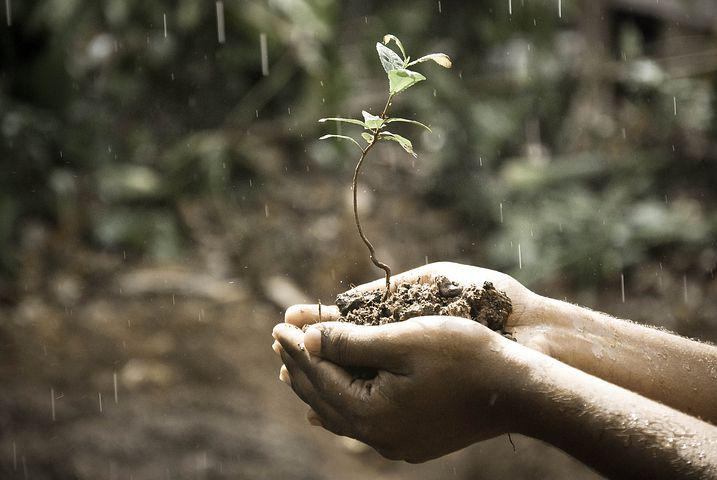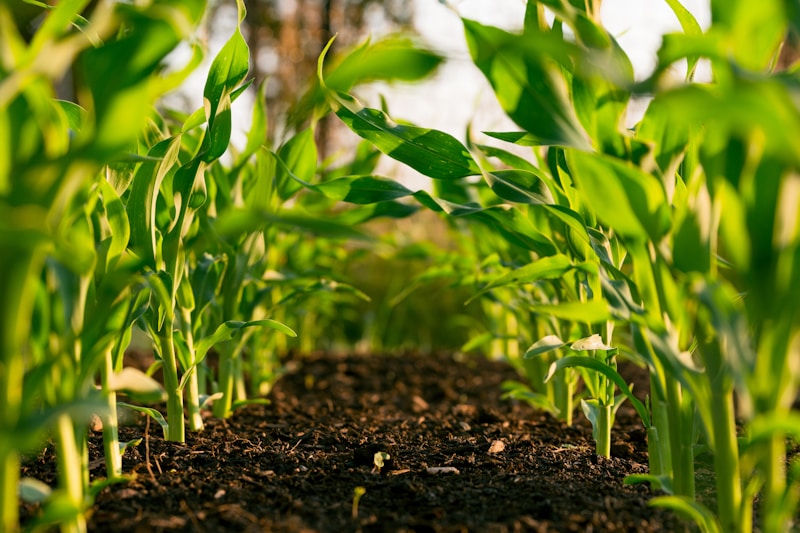What is Life?
Cellular organization: Life is composed of one or more cells, which are the basic structural and functional units of living organisms. Cells are highly organized and can carry out various processes necessary for life, such as metabolism, growth, and reproduction.
Metabolism: Life processes involve the transformation of energy and matter through metabolism. Organisms take in energy and nutrients from their environment and use them to carry out essential processes, such as obtaining energy for growth, repair, and reproduction.
Homeostasis: Life maintains a stable internal environment through the process of homeostasis. Living organisms regulate their internal conditions, such as temperature, pH, and water balance, to keep them within a narrow range conducive to life.
Growth and development: Life involves the ability to grow and develop, which includes increasing in size, complexity, and functionality over time. Growth and development are fundamental characteristics of living organisms and are driven by genetic information encoded in their DNA.
Reproduction: Life has the ability to reproduce, which allows for the continuation of the species. Reproduction can occur through sexual or asexual means, and it results in offspring with genetic information inherited from their parents.
Response to stimuli: Life can respond to stimuli from the environment, such as light, temperature, and touch. This allows living organisms to adapt and interact with their surroundings to meet their survival needs.
Evolution: Life is subject to evolutionary processes, where populations of living organisms change over time through genetic mutations, natural selection, and other mechanisms. Evolution drives the diversity and complexity of life on Earth.
Life exists in various forms, from microorganisms like bacteria to complex multicellular organisms like plants, animals, and humans. The study of life, known as biology, seeks to understand the fundamental principles that govern living organisms and their interactions with the environment. However, the question of what exactly constitutes life, and how it originated, remains a topic of ongoing scientific investigation and philosophical inquiry.









No comments:
Post a Comment